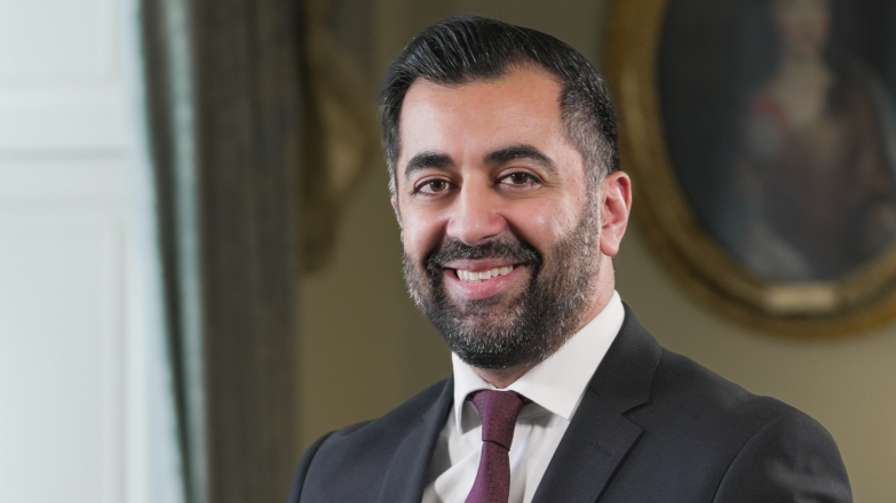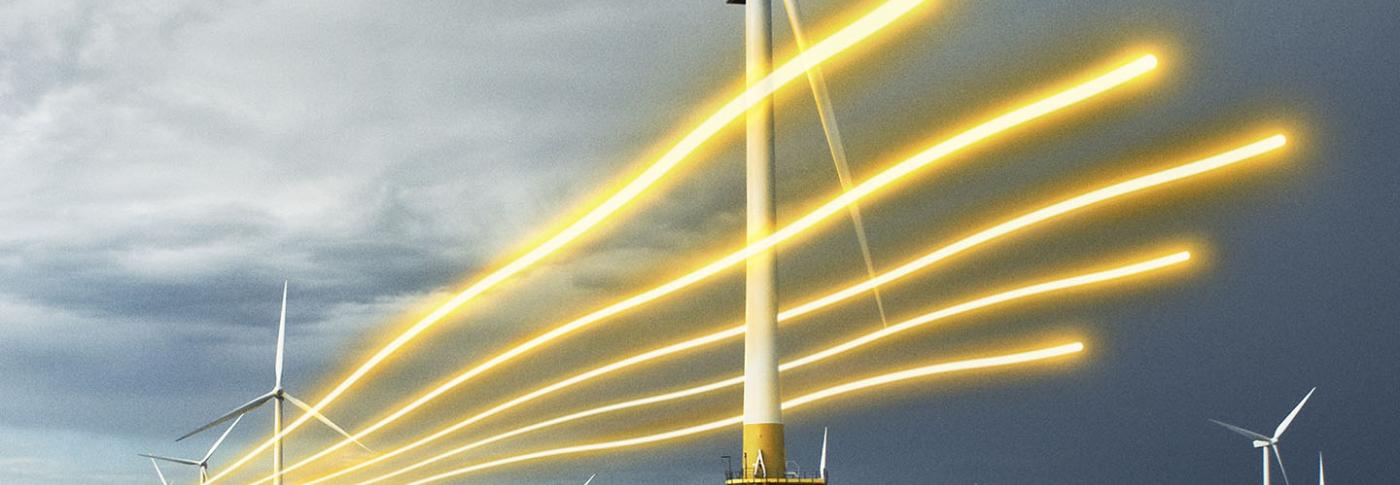Two weeks of COP28 opens amid hope and criticism. On the table will be discussions on creating a disaster fund, which could be an easy win, before the battle lines over what is a ‘just transition’, reparations, and the role of fossil fuels are drawn.
The hope is that COP28 will keep alive the Paris Agreement of 2015, made by 200 nations, to keep global warming to 1.5C above the pre-industrial age. COP28 will provide a stocktake of progress on that front, and the options to move faster.
As ever, finance will be a major issue, and there could be support for the earlier UN suggestion of a fund to cover losses and damages in poor countries where climate disasters like extreme flooding or persistent drought are affecting them. Politically an early win here could help smooth over other issues with some nations and apply pressure on growing economies in Asia that have been less willing to agree.
A major bone of contention has been that whilst the US and EU have lectured the world on reducing fossil fuels, poorer nations do not have the funds to make a quantum leap to renewables and feel that they are being prevented form developing their economies that are, currently, based on fossil fuel use.
There is also some criticism of holding the event itself in the UAE, one of the world's major oil-producing nations and with the BBC alleging that it may use COP28 to make more oil and gas deals. Furthermore, the COP28 President, Sultan al-Jaber, and chief executive of the state-owned oil company favours a phasing down of fossil fuels as opposed to a full phasing out, as called for by the UN. To some extent that debate belongs to whether CCUS is a feasible future technology at scale.
For two weeks leaders will discuss the future shape of the globe’s response to climate change, and for COP28 to be perceived as a success, some firm commitments and action points will need to be agreed, or the critics will feel that it is just more greenwash.
© 2019 Perspective Publishing Privacy & Cookies



.jpg)





Recent Stories